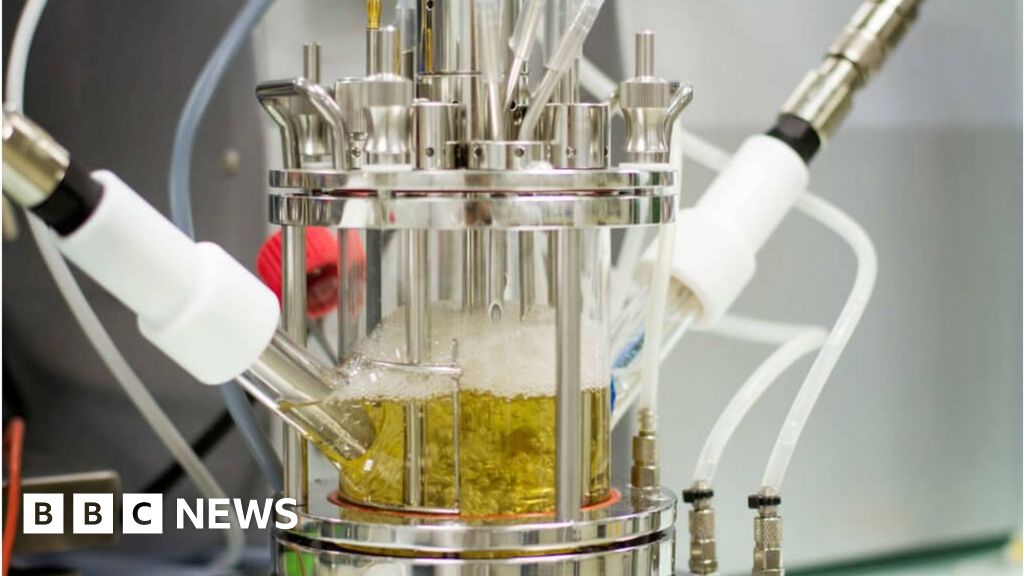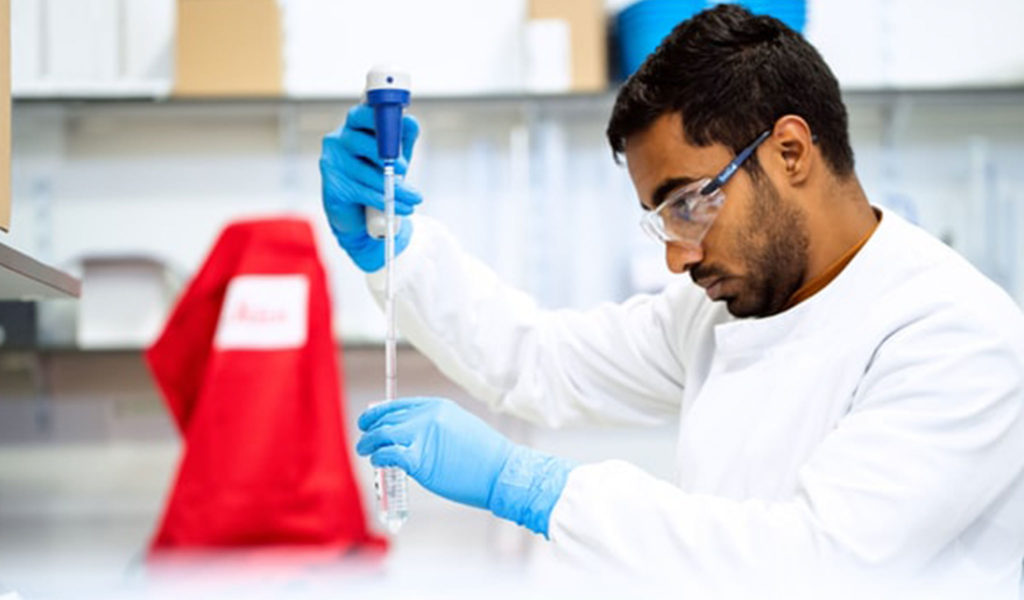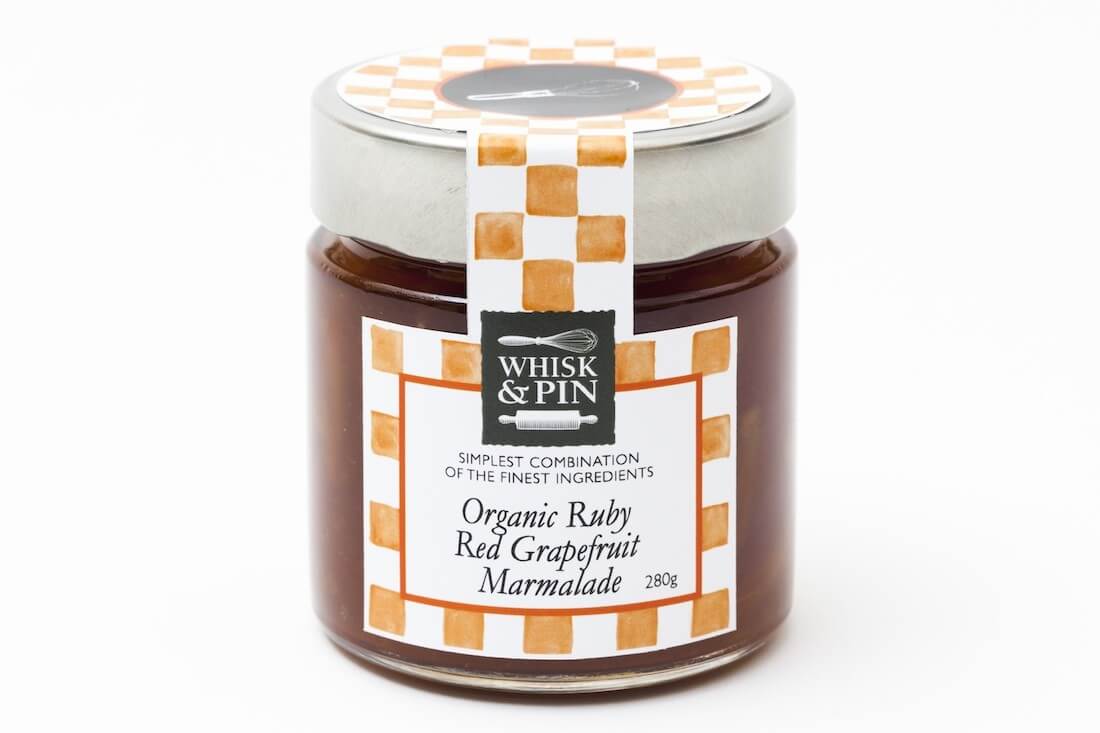- Nov 29, 2008
- 25,786
- 11,295
- 940
Skyence is based on theory. I'm wondering how many of these bacteria and fungi they are tweaking will create more health issues for us and the rest of the living beings on the planet. Is anyone testing that? What will be the long term effects of their skyence on the rest of life here on earth?
I sure do miss old fashion glass containers at the grocery store. More canning in the future if we want decent food as the grocery shelves have way too much garbage at this point.

 www.bbc.com
Scientists from the University of Edinburgh have recently used a lab-engineered version of the bacteria E. coli to transform terephthalic acid, a molecule derived from PET, into the culinary flavouring vanillin, via a series of chemical reactions.
www.bbc.com
Scientists from the University of Edinburgh have recently used a lab-engineered version of the bacteria E. coli to transform terephthalic acid, a molecule derived from PET, into the culinary flavouring vanillin, via a series of chemical reactions.
"Our study is still at a very early stage, and we need to do more to find ways to make the process more efficient and economically viable," says Dr Joanna Sadler, of the university's School of Biological Sciences.
"But it's a really exciting starting point, and there's potential for this to be commercially practical in the future after further improvements to the process have been made."
Meanwhile, a team at the Helmholtz Centre for Environmental Research-UFZ in Leipzig is using a bacterium originally found in a local rubbish dump to break down polyurethane.
Called Pseudomonas sp. TDA1, the bacterium consumes around half the plastic to increase its own biomass, with the rest released as carbon dioxide.
Like other plastic-eating organisms, Pseudomonas breaks down the polyurethane using enzymes; and the team has now carried out a genomic analysis of the bacterium with the aim of identifying the particular genes that code for these enzymes...
I sure do miss old fashion glass containers at the grocery store. More canning in the future if we want decent food as the grocery shelves have way too much garbage at this point.

The fungus and bacteria tackling plastic waste
Bacteria, fungus and enzymes can all digest plastic, but can they work at a useful commercial scale?
"Our study is still at a very early stage, and we need to do more to find ways to make the process more efficient and economically viable," says Dr Joanna Sadler, of the university's School of Biological Sciences.
"But it's a really exciting starting point, and there's potential for this to be commercially practical in the future after further improvements to the process have been made."
Meanwhile, a team at the Helmholtz Centre for Environmental Research-UFZ in Leipzig is using a bacterium originally found in a local rubbish dump to break down polyurethane.
Called Pseudomonas sp. TDA1, the bacterium consumes around half the plastic to increase its own biomass, with the rest released as carbon dioxide.
Like other plastic-eating organisms, Pseudomonas breaks down the polyurethane using enzymes; and the team has now carried out a genomic analysis of the bacterium with the aim of identifying the particular genes that code for these enzymes...


